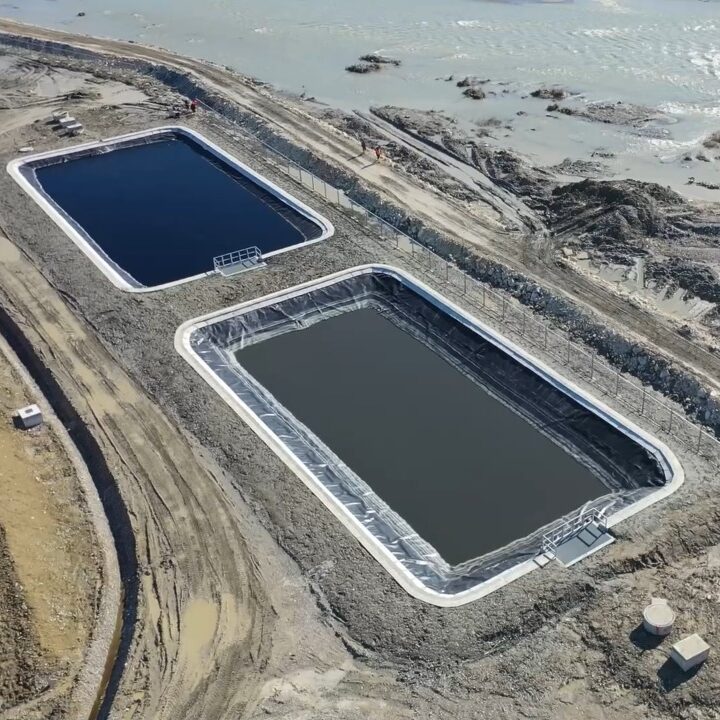After two years of intensive work, numerous expert hearings and its own on-site appointments, the Enquete Commission “Future Strategies for Disaster Prevention” of the Rhineland-Palatinate state parliament, which consists of eleven members of the state parliament and six experts, adopted its final report on 30 October 2023. One of the experts is IU partner Dr Peter Heiland, who contributed over 25 years of experience in flood prevention, land use planning and risk communication as well as inter-municipal cooperation in flood risk management to the work of the commission. “The commission has done good, in-depth technical work and, above all, has shown a strong common political will to improve disaster prevention due to the increased and more intense frequency of extreme events to be expected,” said Peter Heiland in his closing statement to the commission at the last meeting. “The report contains many valid and important recommendations and fully covers the necessary requirements for action. It must now be implemented as quickly as possible in order to manage adaptation to the consequences of climate change”.
However, much of this is not entirely new and has already been analysed and written down after previous disasters, such as the Oder flood in 1997 or the Elbe flood in 2002 and many other floods. “It is therefore now particularly important, and above all a matter for politicians and no longer for experts, to take the necessary steps with sufficient political will and courage,” continued Heiland. “Many things in disaster prevention will not please all those affected and interest groups in society when there is no flooding, so that sometimes unpleasant decisions have to be made. For example, the provision of land along rivers or for water retention in the catchment area is a recurring issue. Or restrictions on land use in risk areas. This brings with it conflicts with property and freedom for individual decisions. It requires solidarity between those affected and those who have land and can and must do something. However, as the lessons learnt from many disasters show, comprehensive improvements cannot be achieved entirely voluntarily. This is why without political courage and without taking steps that are not good for everyone, effective prevention will not succeed and disaster control – no matter how well organised it is – will not be able to fend off the masses of water.”
However, Peter Heiland expressed his great hope and confidence that, in view of the very conscientious work of the commission and the committed contributors, a very good basis had been created for the consistent implementation of the recommendations. He thanked the chairperson, Lea Heidbreder (Green Party), and the representatives of the state parliament for their consistently committed and constructive discussion of the experts’ arguments in the commission and wished them every success in translating the recommendations into concrete political action.
Further reports from the press (German):
- SAT.1 Regionalmagazin für Rheinland-Pfalz und Hessen “Enquete-Kommission zur Ahrtal-Flut legt Abschlussbericht vor”:
https://www.1730live.de/enquete-kommission-zur-ahrtal-flut-legt-abschlussbericht-vor/ - SWR aktuell “Abschluss Enquete-Kommission: Das sollte sich nach der Ahrflut ändern”: https://www.swr.de/swraktuell/rheinland-pfalz/enquete-kommission-zur-katastrophenvorsorge-stimmt-im-ahrtal-ueber-abschlussbericht-ab-100.html



